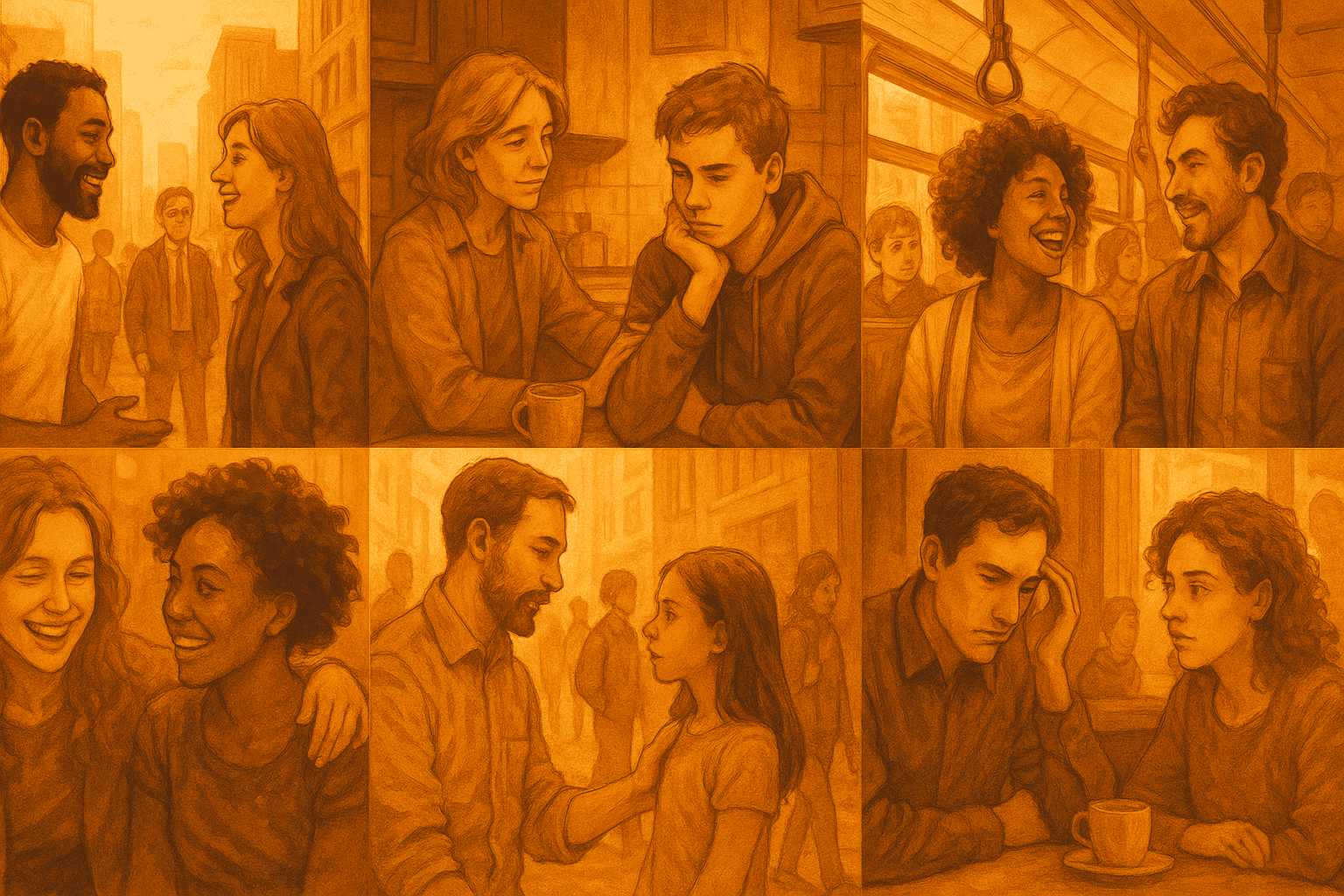The Complexity of Relationships in Ulysses

In James Joyce's Ulysses , the intricate web of human connections unfolds in myriad ways, revealing the profound depth and complexity of relationships. From friendships to familial ties, each interaction is steeped in layers of meaning, reflecting both personal struggles and societal expectations.
Take, for example, the opening chapter, where the interactions between Buck Mulligan, Stephen Dedalus, and Haines set the tone for the exploration of complex relationships. Buck's mockery of Stephen, whom he affectionately yet derisively refers to as 'Kinch,' highlights a friendship laced with contempt and condescension. As Mulligan jests about Stephen's grief for his mother and his artistic pretensions, we glimpse the undercurrents of alienation that plague Stephen. This tension not only defines their friendship but also serves as a microcosm of the broader themes of class and identity that permeate the narrative.
As the story unfolds, Stephen's relationships evolve, particularly in his interactions with Mr. Deasy, where mentorship clashes with transactional dynamics. Their discussions reveal the weight of societal expectations, especially in the context of Stephen's artistic aspirations versus Deasy's pragmatic worldview. These moments underscore how relationships are often influenced by external pressures, reminding us that connections can be both nurturing and stifling.
Leopold Bloom’s journey throughout the day further amplifies this theme. His intimate reflections on his wife, Molly, and their daughter, Milly, evoke a sense of longing and nostalgia, emphasizing how familial bonds shape one's identity. The mundane joys and struggles of Bloom's life resonate deeply, illustrating that even in the quiet moments of daily life, the complexity of relationships is always at play. As he prepares breakfast in a quiet kitchen, we sense his deep desire for connection and understanding amidst the chaos of his surroundings.
Yet, it is in the chaotic streets of Dublin that the theme of relationships truly comes to life. In a bustling tram, or amidst the laughter of newsboys, the interconnectedness of a community is palpable. Each character we encounter, from the jovial to the confrontational, adds to the rich tapestry of social dynamics that Joyce masterfully portrays. The city itself becomes a character, reflecting the ebb and flow of human interaction, where moments of joy are often intertwined with profound sorrow.
Even in the surreal chaos of Nighttown, relationships are examined with a sharp lens. Here, Bloom navigates a world filled with both absurdity and vulnerability, engaging with women like Zoe and reflecting on his insecurities. This chapter is a testament to how the unpredictable nature of relationships can often lead to moments of both clarity and confusion, illustrating that intimacy is a complex dance of desire, power, and identity.
As Ulysses draws to a close, we find Bloom and Stephen's paths intertwining, symbolizing the potential for connection amidst their differences. Their final interactions highlight mutual respect and understanding, suggesting that relationships can transcend the complexities of identity, class, and societal expectations. It’s a beautiful reminder that amidst the chaos of life, meaningful connections can emerge, illuminating the shared human experience.
In the end, Ulysses serves as a poignant exploration of the complexities of relationships, reminding us of the myriad layers that define our connections with others. Whether through laughter, conflict, or silent understanding, Joyce captures the essence of what it means to be human, navigating the intricate dance of love, loss, and everything in between.
Books: Ulysses
Authors: James Joyce
Publishers: Public Domain